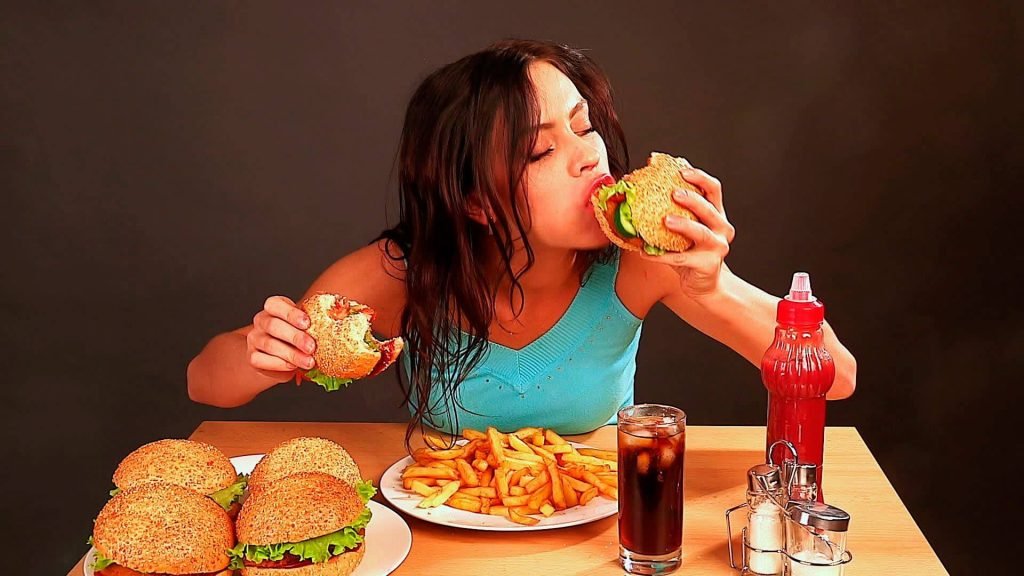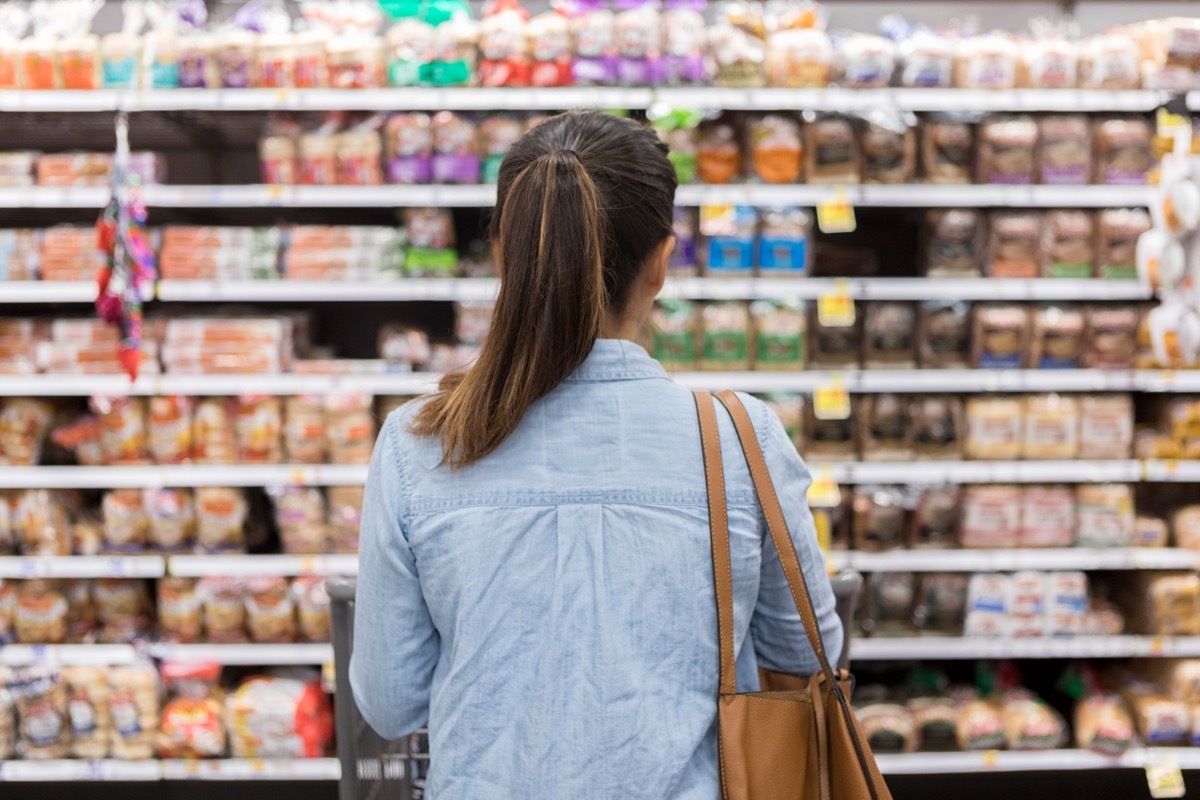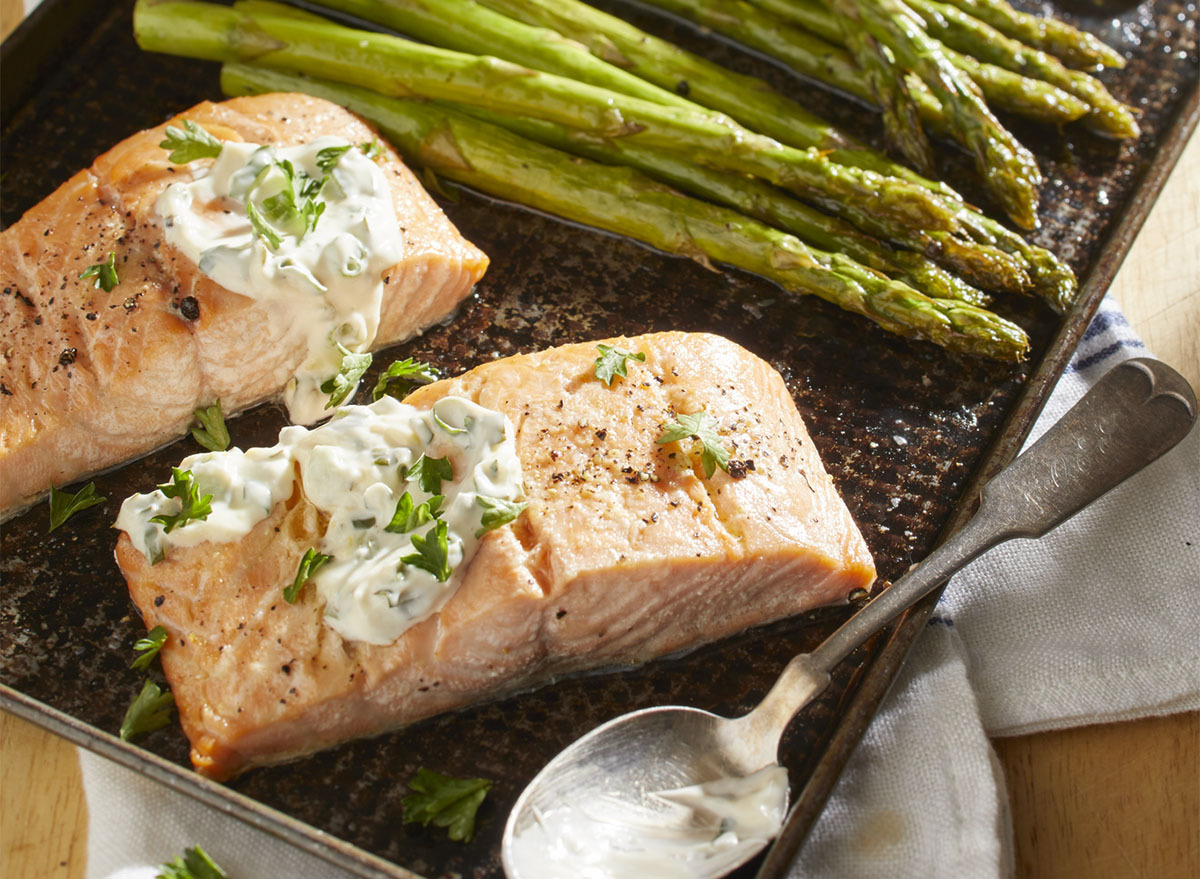Who suffers from chronic pain tends to get weight
Chronic pain leads to choosing fatty foods, science says it.

It is well known that giving yourself a tasty cuddle at the table helps you feel better when we are a little bit down. A chocolate, an out-of-program trick, a tasty sandwich stuffed out of meals are all concessions that generate well-being and, somehow, help us feel better. But what happens if malaise is not psychological, but physical? Are these small concessions help even when you suffer from chronic pain, as a back pain or migraine? It would seem so yes and this would be the reason why those who suffer from chronic pain tends to take weight.
Pain rules habits
Constant pain generates a state of continuous suffering and, just as it happens for psychological malaise, our body "asks" those foods that are tasty and generating pleasure. If this is added the fact that, due to pain, it is forced to reduce physical activity, there is a perfect recipe to grease without realizing it.
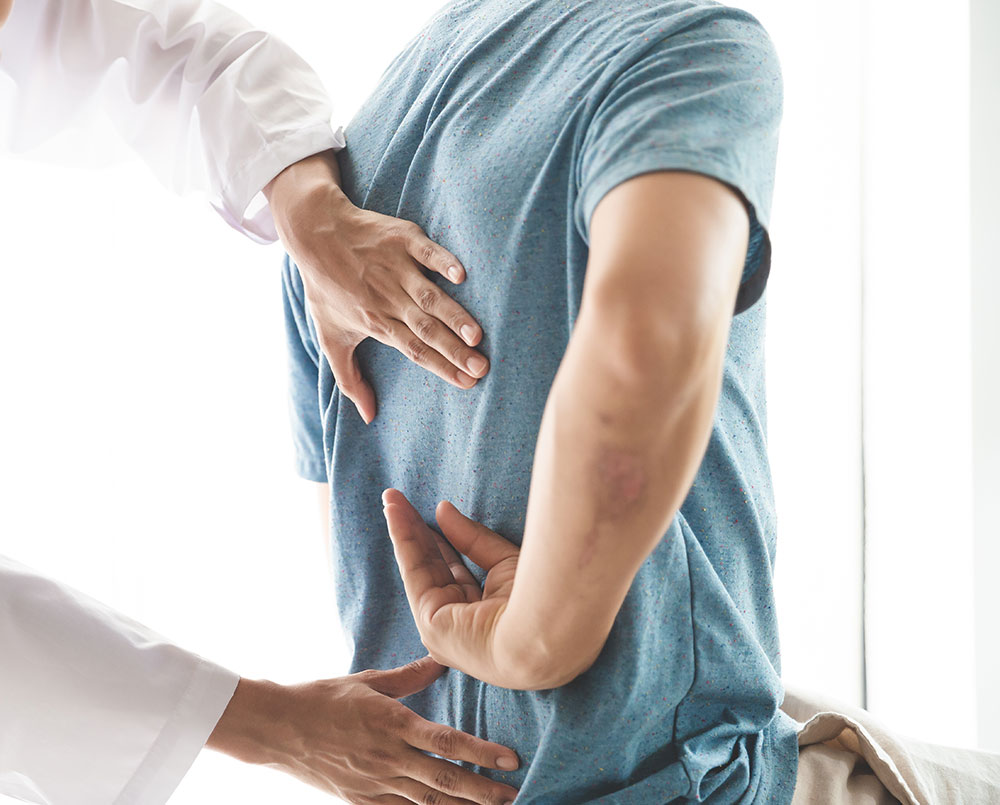
The pleasure of the table
The taste and goodness of what we eat are the first engine that drives us to select what we will put in our dish. The food is not only needed to feed us and to give the body the energy he needs, but it is also a source of pleasure and psychological well-being.

I studyMade in the USA
Paul Geha, a psychiatrist specialized in neuroscience of pain, hedonism and nutrition, has guided a group of researchers in a study that aimed at defining the relationship between chronic pain, acute pain and certain food regimes. The results of the research - duration more than a year - have highlighted strong differences in the feed of those suffering from chronic and acute pain in the back, precisely depending on pain.
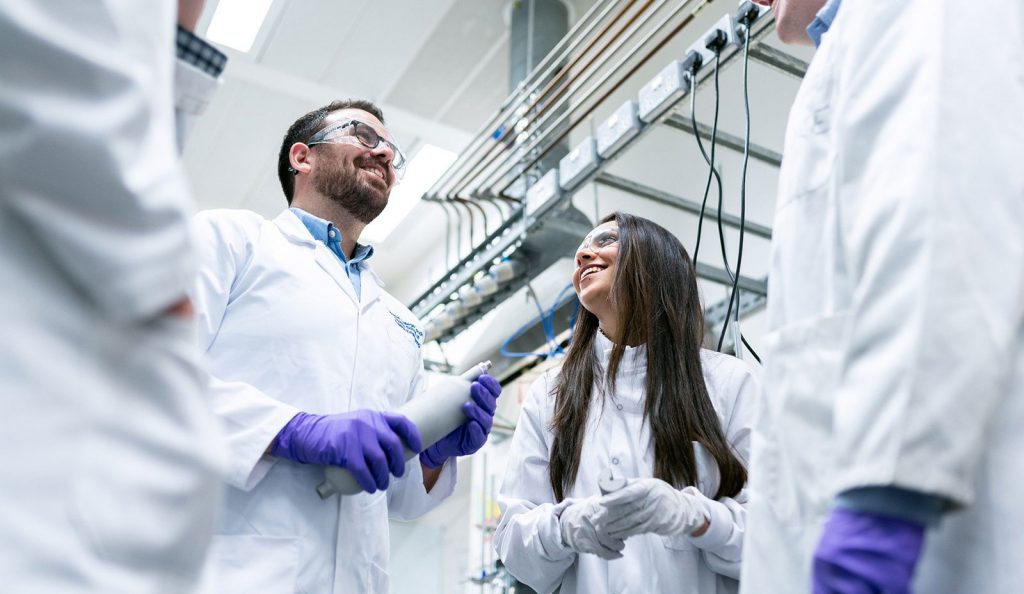
Pleasure and pain
The study involved a sample of patients divided between patients suffering from chronic back pain and patients suffering from acute lumbgares (strong, but limited over time). Chronic pain is almost always associated with anedonia (the loss or inability to feel pleasure in the performance of gratifying activities) and the decrease in motivation, behavioral alterations almost always connected to alterations in the limbic system. This report could explain the risk of obesity risk in patients with chronic pain.
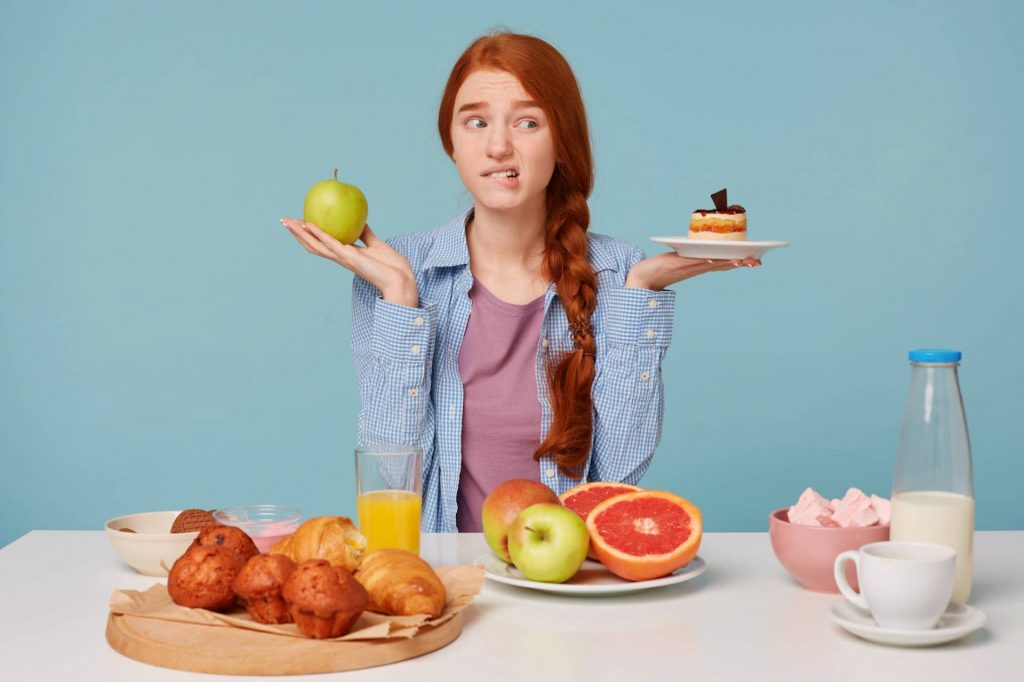
Pain and fatty foods
In addition to the kind of pain, for each patient the food profile followed and for all patients was highlighted as the increase in pain corresponded to a considerable increase in fatty rich foods. A fedic food processing.

The search result
A year later, the research highlighted that only patients interested by acute back pain (limited over time) returned to a regular power supply with more ease. Patients interested by chronic pain that lasted for months, on the other hand, not only have expressed greater difficulty following a regular diet, but to continued pain, a growth proportional growth was highlighted in the consumption of fatty foods. As if the only taste is no longer sufficient and it was necessary to increase the quantities.

TheNucleus accumbens
Don't worry, it's not an insult or a magical formula. It is a structure of our brain that proved decisive in research on correlation between chronic pain and weight gain. TheNucleus accumbens Play a decisive role in the cognitive processes of the adverse, motivation, reward. But also in dependence and processing of sensations of pleasure and fear, as well as generating the placebo effect. During their research, Dr. Geha and the team of him saw how the functionality of this cerebral structure was normal in patients with acute pain, but that was gradually fading in patients with chronic pain. From this modification of brain structures has been highlighted the close correlation between chronic pain and a feed that prefers rich fat foods. So a close relationship between chronic pain and the tendency to get fat.
